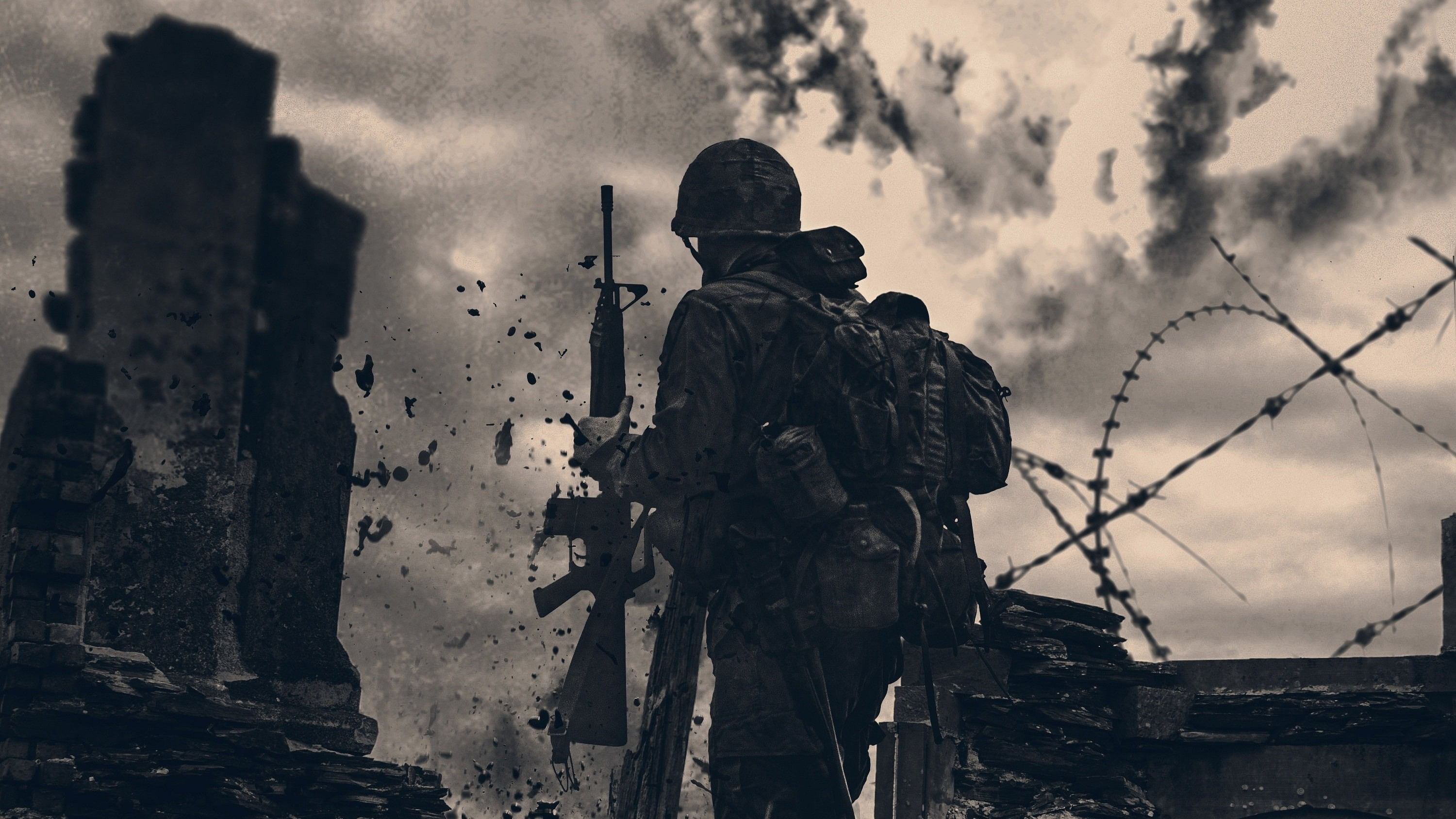
By arrangement
How do you tell a story that spans more than a century of war, death, and destruction, other than through glimmers of hope? ‘Held’ by Anne Michaels is a tale of the survival of a family across four generations as the centre around them falls apart. The real soul of the novel is Michaels’ poetic language. The form of the novel feels like a drifting conversation. Each sentence is a heavy blow to the heart but also a spark of hope recounted on one’s fingertips like a prayer.
The novel opens on a battlefield in France, with the narrator meditating over the meaning of life while he is on the precipice of death. James lies there paralysed with his life flashing in front of him; a montage of his lover Helena gradually unfolds. The reader has to do his fair share of legwork, moving back and forth between the abrupt breaks in passages and timelines. Michaels’ shuttles from James on a battlefield, to him making love to Helena and suddenly she gets back to a haunting image of him lying face down in the snow next to another soldier.
All the characters in the novel are related to James and Helena, and their family tree sprawls a connection of hope and love. Their daughter Anna, a nurse, marries Peter. Together they give birth to Mara, a doctor whose life is spent saving lives devastated by war. But can she save her own life, will love save her?
All these characters connected by fate, friendship and chance have a characteristic way of contemplating their lives by asking questions none of us can answer. They silently devour their own questions. “We know life is finite. Why should we believe death lasts forever?” How else does one comprehend the true nature of existence if not by throwing questions in the dark? These questions establish continuity to this fragmented narrative, like an echo, grounding the narrative in faith. “Is hope ever false or futile?”
James returns from war, irrevocably changed and disabled. “His father had told him of a boat that looked perfectly whole as it sank, weeping water from every seam.” The reader too grapples with Michaels at the impossibility of it all. What does it mean? This chaos gives life to a new form. A sudden semicolon here, a break there, the chain of thought broken, the connection hazy at times.
Michaels knows how to change the momentum of her poetic prose when a tragedy strikes, exerting a deadly calibrated control over her narrative. When James dies, the narrator recounts, “It seemed to him now a very small correction... He is. He was.” This has the desired effect — this simple sentence, a strong punch in the gut.
But this is just the beginning of this novel, the story will go on, kept alive by an inquiry into what makes us human, beyond the cataclysmic events and the tectonic shifts. It is infallible love that is buoyed by longing in and against death and separation. Death is not the finality in Michaels’ universe, rather, it is the beginning. What is history then, if not the upheavals? She answers, “But sometimes history is simply detritus: midden mounds, ghost nets, panoramic beaches of plastic sand.”
Michaels’ novel opens at the turn of the century, at an age where the novelty of scientific discovery felt like magic. Everything was possible with humanity at its cusp. This liminal space pushes the characters towards a mysterious speculation. Amid the widespread death brought on by WWI, does one necessarily have to reconcile with the idea of death as the end?
The novel doesn’t merely shuttle between the temporal and the spiritual, it brings them both together. The effervescent beauty of our lives and the world invisible to the naked eye is revealed anew by Michaels’ language and her insistence on love. This resilient character binds humanity across the barriers of geography and time — now we are in Estonia under the communist USSR. Sophia and Paavo are forced into exile by the censorship laws. The world breaks them just a little bit every day, yet they wake up in the face of it all and decide to love.
Michaels does leave you wanting more, as a plethora of characters are introduced in the span of this very brief novel. But this is from the author of the critically acclaimed novel Fugitive Pieces, winner of the Orange Prize. The style of her previous novel is replicated, but some connections remain elusive here too. If the reader is willing to let some meaning remain fugitive for now, Michaels’ poetic prose promises to hold him in a transfixed state every time he revisits. And what does anyone ever want, if not to be held?